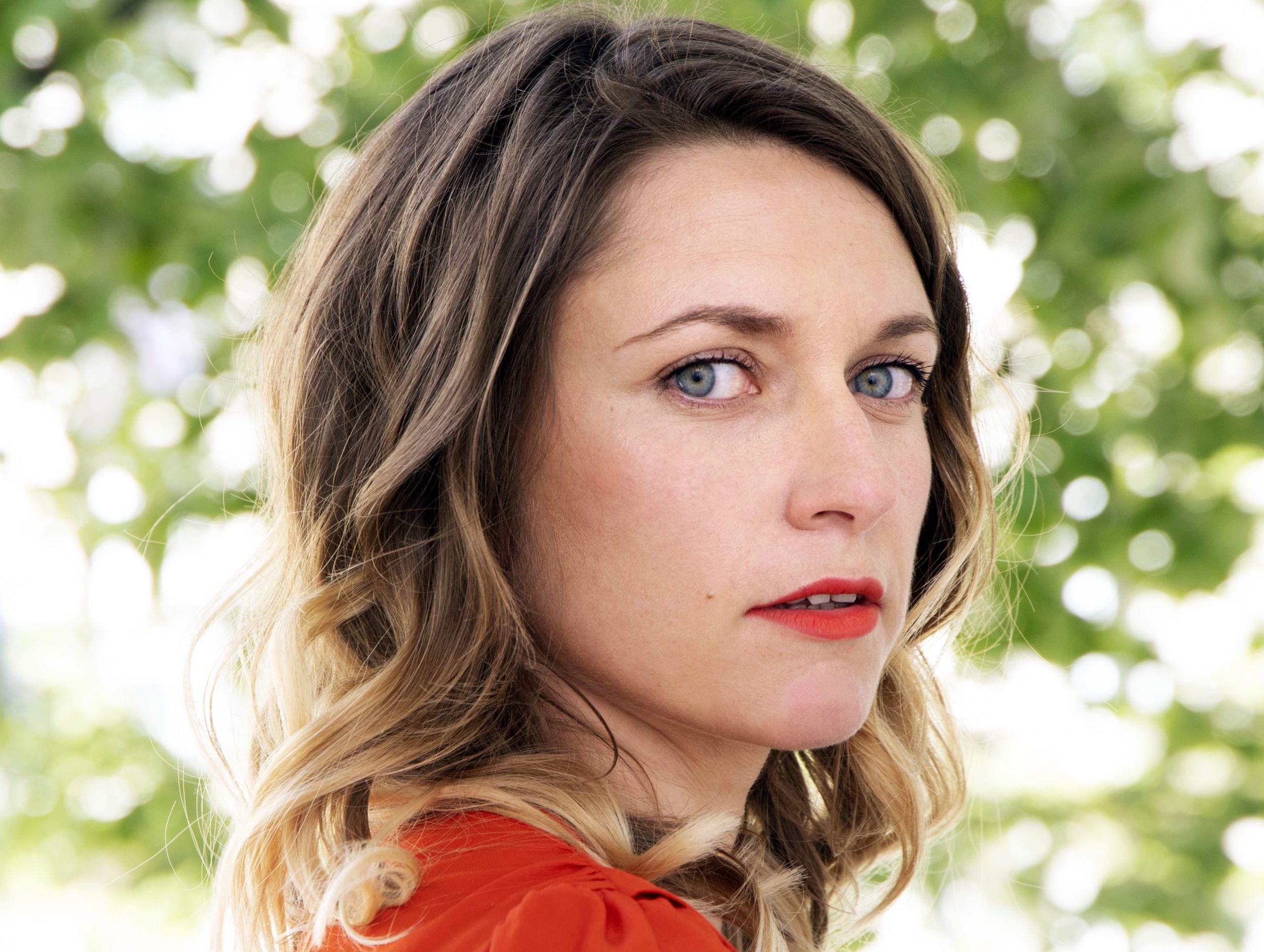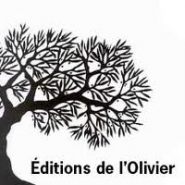Polina Panassenko
Writer
September-November 2025

- Literature
- New York
“Every day, on the B train that took me home, a voice would announce, “This is a Brighton Beach Bound Express Train.” The place inspired two contradictory fears:
- Feeling completely out of place there
- Feeling immediately at home”
I was born in Moscow, Russia, and moved to France as a child. Russian is my mother tongue. I write fiction, poetry, and theater, translate between Russian and French, and act on stage.
In 2015, I published Polina Grigorievna, an investigative book recounting the stories of five Moscow namesakes aged 23 to 95.
In 2022, my debut novel Tenir sa langue was released by Éditions de l’Olivier. Through the story of a Soviet family emigrating to France from Russia, I explored the grey area between mother tongue and foreign language. The narrator, whose name was Frenchified upon arrival in France, seeks to reclaim her birth name.
At Villa Albertine, I aim to continue my work on multilingualism, exile, and emigration, this time within the Russophone community of Brighton Beach.
Born in Moscow, Polina Panassenko is a writer, translator, and actress. In 2015, she published Polina Grigorievna, an investigation released by Éditions Objet Livre. In 2022, her debut novel Tenir sa langue won the Prix Fémina des Lycéens.
I grew up between French and Russian. At home, we had to speak Russian, at school French, and most importantly, never mix the two. Outside of my family, there were no Russian speakers in my French environment. In 1995, my aunt, who stayed in Moscow, won an American green card in the lottery. It was from her that I first heard the name Brighton Beach. Brighton Beach, also known as Little Odessa, was home to one of the largest Russian-speaking communities in the world. Everyone there spoke Runglish: a mix of Russian and English. As my aunt imagined it, Brighton Beach was a kind of Eldorado, a dream place of swimming, opulence, and freedom where one could live and work without even speaking English. My aunt moved there. The reality of immigration nuanced her vision, but one thing was true: in Brighton Beach, you could do what was strictly forbidden in France—mix your mother tongue with another language. At the supermarket, you order a “demi-poundik” of bread, “sliciki” of ham, “pieciki” of cheese, and the saleswoman understands you perfectly.
At Villa Albertine, I would like to see for myself what life is like in one of the largest Russian-speaking emigrant communities in the world and meet different generations of people who live or have lived in Brighton Beach. In what form does the connection to the homeland reflect in the languages spoken there?
At 19, I spent a year living in New York. I worked odd jobs and took acting classes in Manhattan. I found a sublet room in Brooklyn near Prospect Park, and every day, on the B train that took me home, a voice would announce, “This is a Brighton Beach Bound Express Train.” I was drawn to Brighton Beach but kept postponing the moment of going there. The place inspired two contradictory fears:
- Feeling completely out of place there
- Feeling immediately at home
I had the sense that I might find something both light and tragic there. Something invisible yet palpably present. Something that could no longer be changed but could still be shared with others, and sometimes even laughed about. I want to revisit these trips between Manhattan and Brighton Beach and try to name this sensation.
Brighton Beach is an ambiguous place. The writer Sergei Dovlatov describes in an interview the mix of attraction and repulsion it holds for some Russian speakers. A shameful attraction, a kind of guilty pleasure. Brighton Beach is criticized for its working-class nature, the triumph of consumerism over spirituality, its garish colors, its loud music, and the poor Russian spoken there. Yet, as Dovlatov adds, those same Russians who criticize Brighton Beach return to it again and again whenever they pass through New York.
In partnership with

Musée National de l’histoire de l’immigration

Théâtre National de Bordeaux en Aquitaine

Editions de l’Olivier

